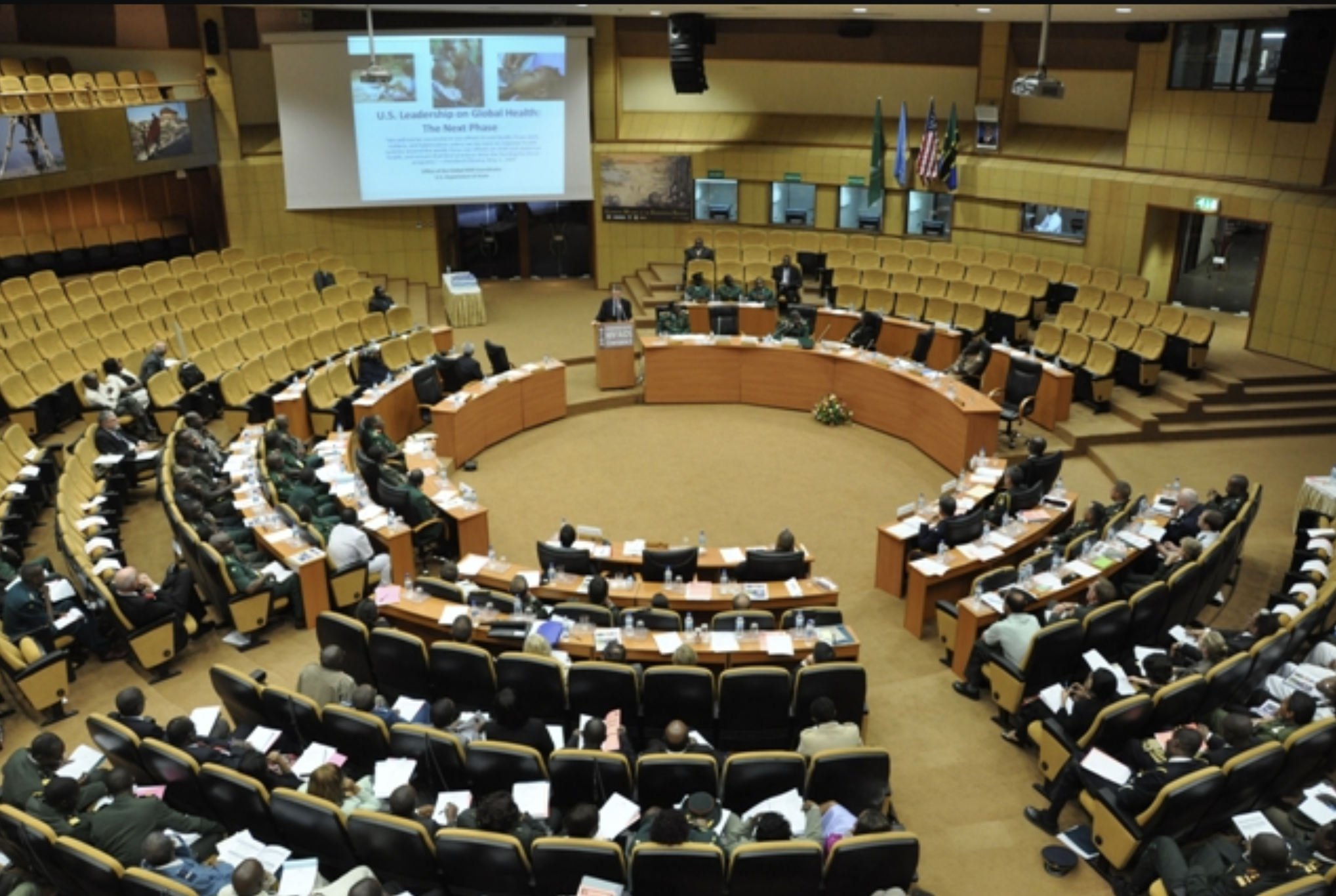 The East African Legislative Assembly in Arusha.
The East African Legislative Assembly in Arusha.The East African Legislative Assembly (EALA) is dying,
or worse, it is being buried alive. Since January, it has been chronically
underfunded, with members begging for basic resources to do their jobs: meet,
legislate, and exercise oversight.
At one point, the Assembly even suspended sittings
until the funding crisis was addressed, essentially going on strike. Only then
did the Council of Ministers release some funds for virtual sittings, but just
enough to summon members to approve budget estimates.
EALA is supposed to be the legislative engine of EAC integration. Instead,
it has been stripped of its political dignity and left gasping for relevance.
Unlike national parliaments, it lacks financial autonomy and relies on disbursements
from the Council, which seems to remember the Assembly only when it needs a
budget passed. The Council cites empty coffers from unpaid dues by some Partner
States. Yet the Secretariat continues operating while EALA remains paralysed.
East Africa once had a stronger legislature, the Central Legislative
Assembly (CLA) of the East African Common Services Organisation. This
Assembly passed binding legislation on taxes, currency, infrastructure,
research and more. It had real powers, and it used them effectively, offering a
glimpse of what shared governance could look like. However, the 1967 EAC Treaty
introduced a weaker, largely consultative EALA. The current Assembly, reborn
under the 1999 Treaty, was similarly shackled before it could even walk. Why
did we retreat from the bold vision we once embraced?
The EAC Treaty gives EALA power to legislate. But any bill must
be assented to by all Heads of State. The Treaty gives EALA neither financial autonomy nor
real tools to hold the executive accountable. Today’s EALA resembles a
theatre where actors show up, but no one hands them a script.
When EALA
tries legislating through private
members’ bills, it is systematically sidelined.
These bills, often well-researched and drafted in the spirit of integration, are
routinely blocked by Ministers, citing “similar
matters being covered in protocols or
policies”. What sounds like coordination is in practice institutional
obstruction. Protocols take years to finalize. Many remain unratified and never
take effect. Why block a bill today because of a protocol that may take years
to materialise? Meanwhile, Council-sponsored business always passes
seamlessly.
It doesn’t have to be this way. Ministers should embrace private members’ bills. These bills can
lighten the Council’s workload, inject fresh energy and accelerate
integration while giving East Africans a real voice. If Ministers disagree with
certain provisions, e.g., those with budgetary or constitutional
implications, they can propose to amend and enrich the bills then
co-sponsor them. Everyone wins: High-quality laws and quicker integration.
But that requires the Council to treat EALA as a strategic ally, not a
nuisance.
When EALA plays its oversight role, it ends up talking
into a void. Ministers, who are also ex-officio members of the Assembly, often
skip sessions. How can you hold them accountable if they don’t even show up? And when EALA raises red flags like procurement irregularities in its
audit reports, no one acknowledges or even implements its recommendations.
EALA’s challenges aren’t just operational, they’re
existential. The Assembly lacks popular democratic legitimacy since members are
chosen indirectly by national parliaments and not by East African voters. This
detaches EALA from grassroots accountability, making it easier to ignore.
This is not an obituary but a call for urgent action. Millions of East
Africans still believe in the promise of integration and in EALA’s potential as
its grassroots democratic driver. But that requires us to confront EALA’s
fragility with honesty. If we are serious about East African integration, then
we must rebuild EALA into an empowered, respected, and well-resourced Assembly,
with stronger legitimacy and a real legislative mandate to anchor our
integration aspirations.
First, introduce direct elections to give EALA popular legitimacy and make it directly accountable to citizens, not party hierarchies. Second, grant the Assembly financial autonomy and meaningful oversight instruments. Like the European Parliament, it needs a protected, independently managed budget. A Parliament without its own purse is a lion without teeth. Third, restore EALA’s legislative competence, at least to CLA levels, with authority to make binding laws on any cooperation matter in the Treaty, subject to judicial oversight. Given today’s expanded Community, Heads of State should consider “sufficient” instead of “full” unanimity in assenting to bills. Fourth, fast-track ratification of pending protocols and shift to implementing Community policy via EALA legislation instead of protocols.
Finally, institutionalise Council–Assembly cooperation in a mechanism where
private members’ bills are reviewed by the Council for enrichment and possible
co-sponsorship, not rejection.
These are only the first steps. Without a credible Assembly, we are not
building a Community. We are merely performing one. Pretending otherwise only betrays
the integration project. If EALA dies, so too does the East African dream.
Mugendi Nyaga is an actuary, management
consultant and public policy analyst
X: @Nyagacm











